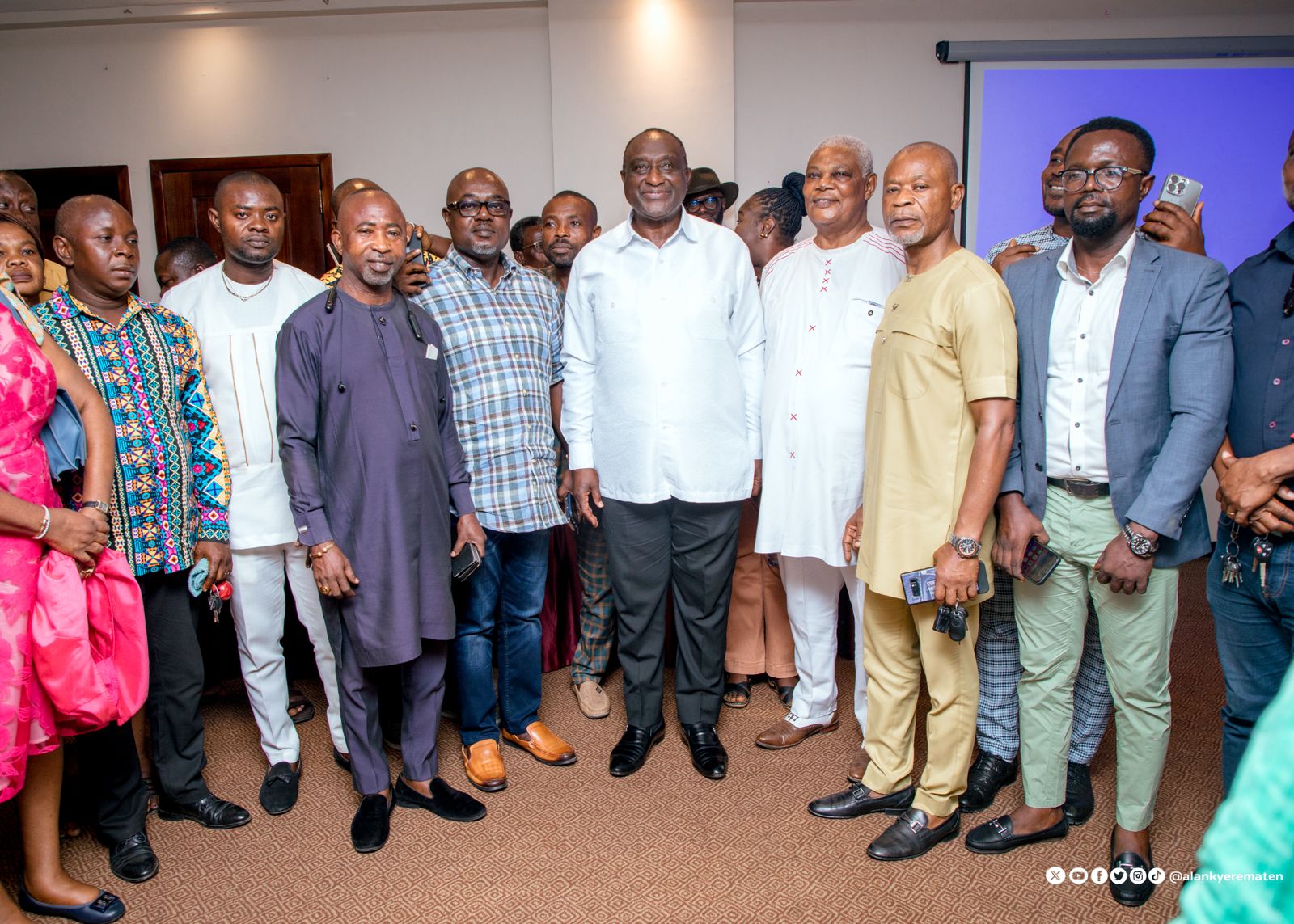
In recent years, sports gambling has grown exponentially in Ghana, driven by the ubiquity of mobile technology and the passionate following of local and international sports, particularly football. While this booming industry has provided a source of entertainment, income, and employment for many especially the Ghanaian youth, it has also raised concerns about its social and economic impacts.
One of the most contentious issues has been the taxation of gambling winnings, a policy that has sparked debates among players, operators, and policymakers. With former President John Dramani Mahama signaling his intent to address this issue, there is an opportunity to go beyond the mere removal of taxes on gambling winnings and implement sustainable reforms that balance economic benefits with social responsibility.
Sports gambling is a multimillion-dollar industry in Ghana. Companies like Betway, Soccabet, and 1xBet have gained prominence, attracting a large customer base especially among the Ghanaian youth. This growth has, however, come with significant challenges. In recent years, the government imposed a 10% tax on gambling winnings, aimed at increasing public revenue. While intended to shore up government coffers, this policy has been met with resistance from bettors especially the Ghanaian youth, who view it as a double tax since companies already pay corporate taxes.
Many argue that the tax is unfair and discourages participation. With the rise in youth unemployment, many young Ghanaians see gambling as an opportunity to financial independence, only to face financial ruin when their bets fail. The lack of adequate safeguards exacerbates this problem. While gambling companies contribute significantly to employment and tax revenue, concerns remain about the equitable distribution of these gains and their long-term impact on the economy. Taxes on gambling winnings, while controversial, are a common revenue-generating tool worldwide. However, effective taxation policies must strike a balance between fairness to bettors, ensuring compliance, and generating public revenue. The current system in Ghana, with its emphasis on taxing winnings, has proven contentious and may not be the most effective way to regulate the industry or optimize revenue. Former President John Mahama, in a bid to return to power proposed the removal of taxes on gambling winnings to address the grievances of bettors. However, solving the gambling industry’s challenges requires a holistic approach. Here’s how Mahama can go beyond this proposal to implement sustainable reforms:
Instead of taxing individual bettors, the government could impose targeted levies on gambling operators based on their revenue. This approach ensures that taxes are collected at the source, reducing the burden on players and simplifying compliance.
To address the growing social concerns, Mahama’s administration should consider introducing a robust framework to promote responsible gambling through a mandatory player limit .where operators should be required to set daily or weekly betting limits for users. The introduction of awareness campaigns through public education on the risks of gambling, targeting schools and communities. The establishment of rehabilitation programs for gambling addicts, including counseling and helplines.
One of the criticisms of the current system is the lack of transparency in how gambling revenues are utilized. Mahama’s government should create a dedicated fund to channel gambling revenues into critical sectors like education, healthcare, and sports development. This would enhance public trust and ensure the industry contributes meaningfully to national development.
Many young Ghanaians turn to gambling due to limited economic opportunities. Mahama should tackle the root cause by creating alternative avenues for employment and skill development for the Ghanaian youth: The government should expand vocational training programs, offer start-up grants or loans for youth entrepreneurs, and a partnership with the private sector to create jobs in technology, agriculture, and manufacturing.
Illegal gambling activities, including unlicensed operators and tax evasion, undermine the industry’s potential benefits. A Mahama administration should consider investing in modern technology and the establishment of a specialized task force to ensure compliance and enforce regulations.
While gambling can generate significant economic benefits, its social impact must not be ignored. Mahama’s leadership should provide an opportunity to create a system where the gambling industry contributes positively to society by redirecting gambling revenues to fund sports infrastructure and grassroots development programs, encouraging operators to sponsor social initiatives, such as scholarships and community projects, and engaging religious and community leaders to address the moral and ethical concerns surrounding gambling.
The sports gambling industry in Ghana is at a crossroads, with significant potential to contribute to national development if properly managed. Former President John Mahama’s promise to remove taxes on gambling winnings is a step in the right direction but should be part of a broader reform agenda that addresses the industry’s economic and social dimensions. By implementing fair taxation policies, promoting responsible gambling, and investing in youth empowerment, Mahama can transform the gambling sector into a force for sustainable development. This holistic approach will ensure that the benefits of sports gambling extend beyond the betting halls and into the lives of all Ghanaians.
By Edgar Balinia Adda, International Development Specialist, Halifax, Nova Scotia Canada, [email protected]
The post Sports Gambling in Ghana: The tax debate and sustainable solutions under President John Mahama’s leadership first appeared on 3News.
Read Full Story





















Facebook
Twitter
Pinterest
Instagram
Google+
YouTube
LinkedIn
RSS